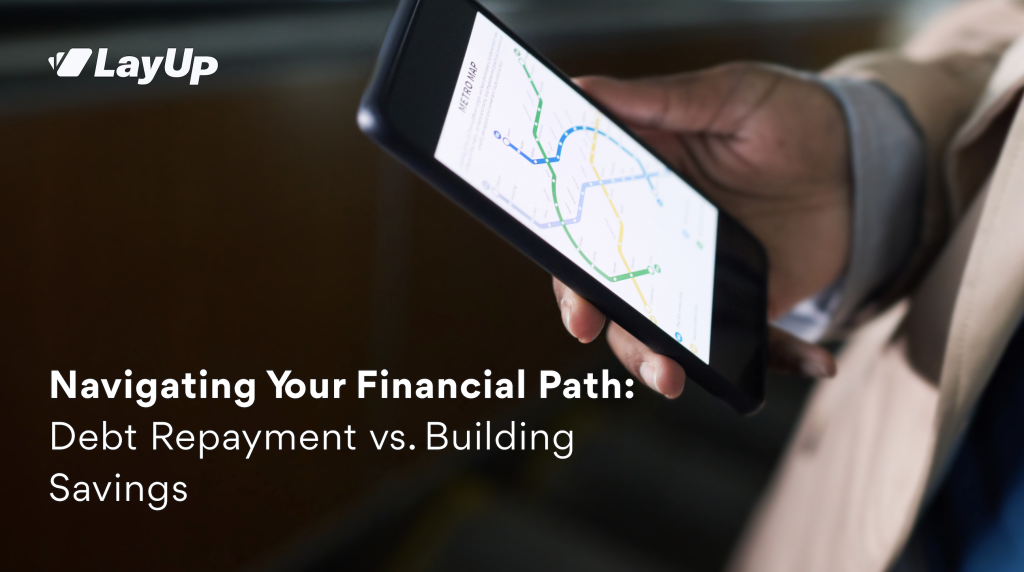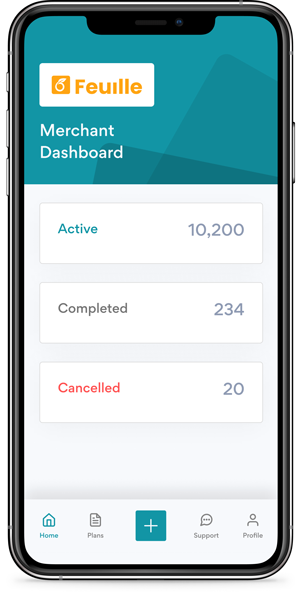One of the most common predicaments faced in personal finance is whether to prioritise debt repayment or build savings. This decision can have significant implications for long-term financial well-being. At LayUp Technologies, we understand the importance of making informed choices about your financial goals. That’s why we’re here to provide expert guidance on navigating the path between debt repayment and savings.
ALSO READ: 5 Habits for Financial Freedom: Transform Your Future
Understanding the Debt Dilemma
For many, deciding between paying off debt and saving can feel overwhelming. Eliminating debt provides financial freedom and reduces future interest expenses. On the other hand, building savings offers a safety net for emergencies and future financial goals. So, how do you decide which path to prioritise?
Expert Strategies and Considerations
-
Assess Your Financial Situation
Evaluate your current financial standing, including your outstanding debts, income, expenses, and savings. Understanding where you stand financially will clarify which option may be more beneficial for you.
2. Compare Interest Rates
Compare the interest rates on your debts with the potential returns on your savings. If the interest rate on your debt is higher than the potential returns on your savings, prioritising debt repayment is the wiser choice from a financial perspective.
3. Consider Your Goals
Take into account your short-term and long-term financial goals. Are you saving for a specific milestone, such as a down payment on a house or retirement? Or do you have high-interest debt that is weighing you down? Aligning your financial decisions with your goals will help you stay focused and motivated.
4. Emergency Fund
Building an emergency fund is crucial for financial stability. Aim to save enough to cover three to six months’ living expenses to protect yourself from unexpected financial setbacks.
5. Balancing Act
A balanced approach may sometimes be appropriate. You can allocate some of your income to debt repayment and savings, balancing reducing debt and building financial security.
ALSO READ: How Being Completely Debt-Free Can Liberate Your Life
LayUp’s Support on Your Financial Journey
At LayUp, we’re committed to empowering individuals to achieve their financial goals. Whether you’re prioritising debt repayment or building savings, our flexible payment plans can help you take control of your finances and make progress towards a brighter financial future.
The decision between debt repayment and building savings is a personal one that depends on your circumstances and financial goals. You can confidently navigate your financial path by carefully evaluating your situation, considering expert strategies, and leveraging LayUp’s support. Remember, the journey to financial freedom is a marathon, not a sprint. You can achieve your financial goals and secure a brighter tomorrow with dedication, discipline, and proper guidance.

